Enalapril Tablets – Enalapril Maleate Tablets, 28 Tablets
Enalapril Tablets are Available in 4 different strengths
2.5mg, 5mg, 10mg and 20mg
Enalapril Tablets are Available in 4 different strengths
2.5mg, 5mg, 10mg and 20mg
£3.99 – £14.29
CompareCompare- Description
- Additional Information
- Brand
- How To Use
- Product Details
- Side Effects
- Ingredients
- How to Store
- Patient Information leaflet
- Reviews (0)
- Questions & Answers
Enalapril Tablets – Enalapril Maleate Tablets, 28 Tablets
Introducing Enalapril Tablets, a trusted medication for managing hypertension and heart failure. Each tablet contains Enalapril maleate, which belongs to the class of medicines known as ACE inhibitors (angiotensin converting enzyme inhibitors). This medication works by relaxing blood vessels, which helps to lower blood pressure and improve blood flow.
Enalapril Tablets are available in 2.5mg, 5 mg, 10 mg, and 20mg strengths, making it easy to tailor the dosage to meet your specific needs. The tablets are easy to swallow, and come in a convenient blister pack that can be easily stored in your medicine cabinet or purse.
Enalapril maleate Tablets are used:
- to treat high blood pressure (hypertension)
- to treat heart failure (weakening of heart function). It can lower the need to go to the hospital and can help some patients live longer.
- to prevent signs of heart failure. The signs include shortness of breath, tiredness after light physical activity such as walking, or swelling of the ankles and feet.
Enalapril can be used to treat dogs and cats when prescribed by a vet
Whether you are managing hypertension or heart failure, Enalapril Tablets are a safe and effective way to help manage your symptoms. As with all medications, it is important to follow your doctor’s instructions and take the medication as directed. If you have any questions or concerns, be sure to speak with your doctor or pharmacist.
Choose Enalapril Tablets for a reliable, effective way to manage hypertension and heart failure.
Enalapril Tablets – Enalapril Maleate Reviews
After using Enalapril Tablets, it’s helpful to let others know about your experience. Reviews of an item help other users know that medicines received have helped the condition it is claimed for, how well the treatment worked or any issues to be aware of. We invite our users to leave a review of both their treatment and of the service provided. Click on the reviews tab to see if there has been feedback on this item.
What is the price of Enalapril Tablets?
The price of Enalapril Tablets starts from £3.99
Where can you buy Enalapril Tablets?
You can buy Enalapril Tablets at Dock Pharmacy Essex UK, UK Online Pharmacy.
Can you buy Enalapril Tablets Over the counter?
Enalapril Tablets is not available to buy over the counter. You need a prescription to buy Enalapril Tablets
| Brand | |
|---|---|
| Strengths | 2.5mg Tablets, 5mg Tablets, 10mg Tablets, 20mg Tablets |
Brand
Enalapril
How To Use
HOW TO TAKE ENALAPRIL MALEATE TABLETS
Always take your medicine exactly as your doctor told you. If you are unsure about how to take your tablets, ask your doctor or pharmacist.
- It is very important to continue taking Enalapril maleate Tablets for as long your doctor prescribes it.
- Do not take more tablets than prescribed.
High Blood Pressure
- The usual starting dose is from 5 mg to 20 mg taken once a day.
- Some patients may need lower starting dose.
- The usual long term dose is 20 mg taken once daily.
- The maximal long term dose is 40 mg once a day.
Product Details
WHAT YOU NEED TO KNOW BEFORE YOU TAKE ENALAPRIL MALEATE TABLETS
Do not take Enalapril maleate Tablets • if you are allergic (hypersensitive) to enalapril maleate or any of the other ingredients of this medicine (listed in section 6) • if you have ever had an allergic reaction to a type of medicine similar to this medicine called an ACE inhibitor • if you have ever had swelling of your face, lips, mouth, tongue or throat which caused difficulty in swallowing or breathing (angioedema) when the reason why was not known or it was inherited • if you are more than 3 months pregnant. (It is also better to avoid Enalapril maleate tablets in early pregnancy – see Pregnancy section) • If you have diabetes or impaired kidney function and you are treated with a blood pressure lowering medicine containing aliskiren • If you have taken or are currently taking sacubitril/valsartan, a medicine used to treat a type of long-term (chronic) heart failure in adults, as the risk of angioedema (rapid swelling under the skin in an area such as the throat) is increased. Do not take this medicine if any of the above applies to you. If you are not sure, talk to your doctor or pharmacist before taking Enalapril maleate Tablets. Warnings and precautions Talk to your doctor or pharmacist before taking Enalapril maleate Tablets: – if you have a heart problem – if you have a condition involving the blood vessels in the brain – if you have a blood problem such as low or lack of white blood cells (neutropenia/ agranulocytosis), low blood platelet count (thrombocytopenia) or a decreased number of red blood cells (anaemia) – if you have a liver problem – if you have a kidney problem (including kidney transplantation), are on a saltrestricted diet, are taking potassium supplements, potassium-sparing agents, potassium-containing salt substitutes, or other drugs that may increase potassium in your blood (e.g., heparin [a medicine used to prevent blood clots], trimethoprimcontaining products such as cotrimoxazole [medicines used to treat infections]). These may lead to higher levels of potassium in your blood which can be serious. Your doctor may need to adjust your dose of Enalapril maleate Tablets or monitor your blood level of potassium. See also information under the heading “Other medicines and Enalapril maleate Tablets” – if you are having dialysis – if you have been very sick (excessive vomiting) or had bad diarrhoea recently – if you have diabetes. You should monitor your blood for low blood glucose levels, especially during the first month of treatment. The level of potassium in your blood can also be higher – if you have ever had an allergic reaction with swelling of the face, lips, tongue or throat with difficulty in swallowing or breathing. You should be aware that black patients are at increased risk of these types of reactions to ACE inhibitors – if you have low blood pressure (you may notice this as faintness or dizziness, especially when standing) – if you have collagen vascular disease (e.g. lupus erythematosus, rheumatoid arthritis or scleroderma), are on therapy that suppresses immune system, are taking drugs allopurinol or procainamide, or any combinations of these – if you are taking any of the following medicines, the risk of angiodema may be increased: • Racecadotril, a medicine used to treat diarrhoea; • Medicines used to prevent organ transplant rejection or for cancer (e.g., temsirolimus, sirolimus, everlimus) • Vildagliptin, a medicine used to treat diabetes. – if you are taking any of the following medicines used to treat high blood pressure: – an angiotensin II receptor blocker (ARBs) (also known as sartans – for example valsartan, telmisartan, irbesartan), in particular if you have diabetes-related kidney problems. – aliskiren Your doctor may check your kidney function, blood pressure, and the amount of electrolytes (e.g., potassium) in your blood at regular intervals. See also information under the heading “Do not take Enalapril maleate Tablets”. PACKAGE LEAFLET: INFORMATION FOR THE USER Enalapril maleate 2.5mg Tablets Enalapril maleate 5mg Tablets Enalapril maleate 10mg Tablets Enalapril maleate 20mg Tablets enalapril maleate You must tell your doctor if you think you are (or might become) pregnant. This medicine is not recommended in early pregnancy and must not be taken if you are more than 3 months pregnant, as it may cause serious harm to your baby if used at that stage (see Pregnancy section). You should be aware that this medicine lowers the blood pressure in black patients less effectively than in non-black patients. If you are not sure if any of the above applies to you, talk to your doctor or pharmacist before taking this medicine. If you are about to have a procedure: If you are about to have any of the following, tell your doctor that you are taking Enalapril maleate Tablets: • any surgery or receive anesthetics (even at dentist) • a treatment to remove cholesterol from your blood called ‘LDL apheresis’ • a desensitisation treatment, to lower the effect of an allergy to bee or wasp stings If any of the above applies to you, talk to your doctor or dentist before the procedure. Other medicines and Enalapril maleate Tablets Tell your doctor or pharmacist if you are taking, have recently taken, or might take any other medicines. This includes herbal medicines. This is because Enalapril maleate Tablets can affect the way some medicines work. Also, some other medicines can affect the way Enalapril maleate Tablets work. Your doctor may need to change your dose and/or to take other precautions. In particular tell your doctor or pharmacist if you are taking any of the following medicines: • an angiotensin II receptor blocker (ARB) or aliskiren (see also information under the headings “Do not take Enalapril maleate Tablets” and “Warnings and precautions”) • other medicines that lower blood pressure, such as beta blockers or water tablets (diuretics) • Potassium supplements (including salt substitutes), potassium-sparing diuretics and other medicines that can increase the amount of potassium in your blood (e.g. trimethoprim and co-trimoxazole for infections caused by bacteria; ciclosporin, an immunosuppressant medicine used to prevent organ transplant rejection; and heparin, a medicine used to thin blood to prevent clots). See also information under the heading “Warnings and precautions”. • medicines for diabetes (including oral antidiabetic medicines and insulin) • lithium (a medicine used to treat a certain kind of depression) • medicines for depression called ‘tricyclic antidepressants’ • medicines for mental problems called ‘antipsychotics’ • certain cough and cold medicines and weight reducing medicines which contain substances called ‘sympathomimetic agents’ • certain pain or arthritis medicines including gold therapy. • non-steroidal anti-inflammatory drugs (NSAIDs), including COX-2-inhibitors (medicines that reduce inflammation, and can be used to help relieve pain) • aspirin (acetylsalicylic acid) • medicines used to dissolve blood clots (thrombolytics) • an mTOR inhibitor (e.g., temsirolimus, sirolimus, everolimus; medicines used to treat certain types of cancer or to prevent the body’s immune system from rejecting a transplanted organ). See also information under the heading “Warnings and precautions” • a medicine containing a neprilysin inhibitor such as sacubitril (available as fixed-dose combination with valsartan), racecadotril or vildagliptin. The risk of angioedema (swelling of the face, lips, tongue or throat with difficulty in swallowing or breathing) may be increased. See also information under the headings “Do not take Enalapril maleate Tablets”. • alcohol If you are not sure if any of the above apply to you, talk to your doctor or pharmacist before taking Enalapril maleate Tablets. Enalapril maleate Tablets with food, drink and alcohol Enalapril maleate tablets can be taken with or without food. Most people take Enalapril maleate Tablets with a drink of water. Pregnancy and breast-feeding Pregnancy If you are pregnant or breast-feeding, think you may be pregnant or are planning to have a baby, ask your doctor for advice before taking this medicine. Your doctor will normally advise you to stop taking Enalapril maleate Tablets before you become pregnant or as soon as you know you are pregnant and will advise you to take another medicine instead of Enalapril maleate Tablets. This medicine is not recommended in early pregnancy, and must not be taken when more than 3 months pregnant, as it may cause serious harm to your baby if used after the third month of pregnancy. Breast-feeding Tell your doctor if you are breast-feeding or about to start breast-feeding. Breast-feeding newborn babies (first few weeks after birth), and especially premature babies, is not recommended whilst taking Enalapril maleate Tablets. In the case of an older baby your doctor should advise you on the benefits and risks of taking Enalapril maleate Tablets whilst breast-feeding, compared to other treatments. Driving and using machines You may feel dizzy or sleepy while taking this medicine. If this happens, do not drive or use any tools or machines. Enalapril maleate Tablets contain lactose This product contains lactose which is a type of sugar. If you have been told by your doctor that you have an intolerance to some sugars, talk to your doctor before taking this medicine.
Side Effects
POSSIBLE SIDE EFFECTS OF ENELAPRIL
Like all medicines Enalapril maleate Tablets can cause side effects, although not everybody gets them. The following side effects may happen with this medicine: • swelling of the face, lips, tongue or throat which may cause difficulty in breathing or swallowing • swelling of your hands, feet or ankles • if you develop a raised red skin rash (hives) You should be aware that black patients are at increased risk of these types of reactions. If any of the above happens, stop taking Enalapril Tablets and talk to a doctor straight away. You may feel faint or dizzy when you start taking Enalapril maleate Tablets. If this happens, it will help to lie down. This is caused by your blood pressure lowering. It should improve as you continue to take the medicine. If you are worried, please talk to your doctor. Other side effects include: Very common (may affect more than 1 in 10 people) • feeling dizzy, weak or sick • blurred vision • cough Common (may affect up to 1 in 10 people) • light-headedness due to low blood pressure, changes in heart rhythm, fast heartbeat, angina or chest pain • headache, depression, fainting (syncope), change in sense of taste • shortness of breath • diarrhoea, abdominal pain • tiredness (fatigue) • rash, allergic reactions with swelling of the face, lips, tongue or throat with difficulty in swallowing or breathing • high levels of potassium in the blood, increased levels of creatinine in your blood (both are usually detected by a test) Uncommon (may affect up to 1 in 100 people) • flushing • sudden fall in blood pressure • fast or uneven heart beats (palpitations) • heart attack (possibly due to very low blood pressure in certain high-risk patients, including those with blood flow problems of the heart or brain) • stroke (possibly due to very low blood pressure in high-risk patients) • anaemia (including aplastic and haemolytic) • confusion, sleeplessness or sleepiness, nervousness • feeling your skin prickling or being numb • vertigo (spinning sensation) • ringing in your ears (tinnitus) • runny nose, sore throat or hoarseness • asthma-associated tightness in chest • slow movement of food through your intestine (ileus), inflammation of your pancreas • being sick (vomiting), indigestion, constipation, anorexia • irritated stomach (gastric irritations), dry mouth, ulcer • muscle cramps • impaired kidney function, kidney failure • increased sweating • itching or nettle rash • hair loss • generally feeling unwell (malaise), high temperature (fever) • impotence • high level of proteins in your urine (measured in a test) • low level of blood sugar or sodium, high level of blood urea (all measured in blood tests) Rare (may affect up to 1 in 1,000 people) • ‘Raynaud’s phenomenon’ where your hands and feet may become very cold and pale due to low blood flow • changes in blood values such as a lower number of white and red blood cells, lower haemoglobin, lower number of blood platelets • bone marrow depression • swollen glands in neck, armpit or groin • autoimmune diseases • strange dreams or sleep problems • accumulation of fluid or other substances in the lungs (as seen on X-rays) • inflammation of your nose • inflammation of the lungs causing difficulty in breathing (pneumonia) • inflammation of the cheeks, gums, tongue, lips, throat • lower amount of urine • rash that looks like targets (erythema multiforme) • ‘Stevens-Johnson syndrome’ and ‘toxic epidermal necrolysis’ (serious skin conditions where you have reddening and scaling of your skin, blistering or raw sores), exfoliative dermatitis/erythroderma (severe skin rash with flaking or peeling of the skin), pemphigus (small fluid-filled bumps on the skin) • liver or gallbladder problems such as lower liver function, inflammation of your liver, jaundice (yellowing of the skin or eyes), high levels of liver enzymes or bilirubin (measured in a blood test) • enlargement of breasts in males (gynaecomastia). Very Rare (may affect up to 1 in 10,000 people) • swelling in your intestine (intestinal angioedema) Not known (frequency cannot be estimated from the available data) • overproduction of antidiuretic hormone, which causes fluid retention, resulting in weakness, tiredness or confusion • A symptom complex has been reported which may include some or all of the following: fever, inflammation of the blood vessels (serositis/vasculitis), muscle pain (myalgia/myositis), joint pain (arthralgia/ arthritis). Rash, photosensitivity or other skin manifestations may occur. Reporting of side effects If you get any side effects, talk to your doctor or pharmacist. This includes any possible side effects not listed in this leaflet. You can also report side effects directly via Yellow Card Scheme Website: www.mhra.gov.uk/yellowcard or search for MHRA Yellow Card in the Google Play or Apple App Store. By reporting side effects, you can help provide more information on the safety of this medicine
Ingredients
What Enalapril maleate Tablets contain
The active substance is enalapril maleate 2.5 mg, 5 mg, 10 mg or 20 mg per tablet.
The other ingredients are lactose monohydrate, maize starch and glycerol palmitostearate.
How to Store
HOW TO STORE ENALAPRIL MALEATE TABLETS
Keep this medicine out of the sight and reach of children. Do not take Enalapril maleate tablets after the expiry date on the carton; the expiry date refers to the last day of the month. Do not store above 25°C. Store in the original packaging. Do not throw away any medicines via wastewater or household waste. Ask your pharmacist how to throw away medicines you no longer use. These measures will help to protect the environment
Patient Information leaflet
Click here for the Patient Information leaflet
Please read before using the product
Only logged in customers who have purchased this product may leave a review.
Questions and answers of the customers
There are no questions yet, be the first to ask something for this product.
You Might Also Like
Therapeutic indications
Hypertension
Chronic stable angina pectoris
Vasospastic (Prinzmetal’s) angina
£3.50
- Availability: in stock
£4.50 – £5.50
Ramipril Blood Pressure Medication is available in Tablets or Capsules form
- Ramipril is available in 4 different strengths
- 1.25mg, 2.5mg. 5mg and 10mg
£4.50 – £5.50
- Availability: in stock
Other Products From This Seller
Steglatro Tablets – Ertugliflozin Tablets available in 2 strengths:
- Steglatro 5mg Tablets – Ertugliflozin 5mg Tablets
- Steglatro 15mg Tablets – Ertugliflozin 15mg Tablets
£49.50
- Availability: in stock
Original price was: £43.20.£39.50Current price is: £39.50.
Ursodeoxycholic Acid Tablets 250mg – Cholurso Tablets, 60 Tablets Introducing Cholurso Tablets the brand name of Ursodeoxycholic Acid Tablets 250mg – Your Solution for Gallstone Management and Liver Health Ursodeoxycholic Acid 250mg Tablets is a cutting-edge pharmaceutical formulation designed to positively influence bile composition, making it a versatile solution for various health concerns. Ursodeoxycholic Acid, […]
Learn MoreOriginal price was: £43.20.£39.50Current price is: £39.50.
- Availability: in stock
£156.00 – £210.00
Please note you need insulin pen needles to use Mounjaro Injection
Mounjaro Injection – Tirzepatide Injection, 4 Pre-filled Pens
Available in 6 strengths:
- Mounjaro 2.5mg Injection
- Mounjaro 5mg Injection
- Mounjaro 7.5mg Injection
- Mounjaro 10mg Injection
- Mounjaro 12.5mg Injection
- Mounjaro 15mg Injection
Learn More
£156.00 – £210.00
- Availability: in stock
Timoptol LA Gel – Timolol Eye Gel is available in 2 strengths
- Timoptol LA 0.5% Gel
- Timoptol LA 0.25% Gel
£7.50
- Availability: in stock
Original price was: £43.50.£39.75Current price is: £39.75.
One-Alpha Drops 2mcg/1ml – Alfacalcidol Drops 2mcg/1ml
Learn MoreOriginal price was: £43.50.£39.75Current price is: £39.75.
- Availability: in stock
Original price was: £5.99.£5.39Current price is: £5.39.
Ideal for irrigating and cleansing the eye, or a wound
Learn MoreOriginal price was: £5.99.£5.39Current price is: £5.39.
- Availability: in stock
Ultimate Surefit Erection Ring Set 15222 – Constrictor Rings For Erectile Dysfunction Experience Confidence and Pleasure with the Ultimate Surefit maintenance ring set – Your Key to Intimate Well-being Introducing the Ultimate Surefit Erection Ring, a premium solution meticulously designed for those seeking to overcome the challenges of erectile dysfunction. Crafted with precision and comfort […]
Learn More£58.50
- Availability: in stock
Original price was: £62.50.£56.49Current price is: £56.49.
SureEase Erection Rings 15085 – Constrictor Rings For Erectile Dysfunction Revitalize Your Intimate Moments with SureEase Erection Rings – Precision for Confidence and Pleasure SureEase Erection Rings are the discreet yet powerful solution designed to rekindle confidence and elevate pleasure for individuals facing challenges with erectile dysfunction. Crafted with precision, these constrictor rings provide targeted […]
Learn MoreOriginal price was: £62.50.£56.49Current price is: £56.49.
- Availability: in stock
£279.00 – £289.00
SomaErect Response II is available in 2 models:
- SomaErect Response II 15019
- SomaErect Response II XL 15888
£279.00 – £289.00
- Availability: in stock
Original price was: £331.50.£289.90Current price is: £289.90.
SomaErect Touch II 15013 – Vacuum Pump Erection Device Introducing SomaErect Touch II 15013 – Redefining Intimacy with Advanced Vacuum Pump Technology The SomaErect Touch II 15013 is an innovative vacuum pump erection device, meticulously engineered to provide a discreet, effective, and user-friendly solution for individuals dealing with erectile dysfunction. Embrace confidence and intimacy with […]
Learn MoreOriginal price was: £331.50.£289.90Current price is: £289.90.
- Availability: in stock


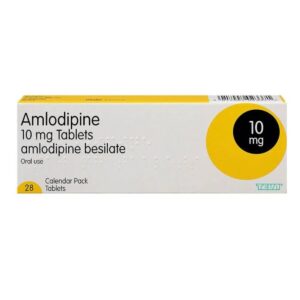

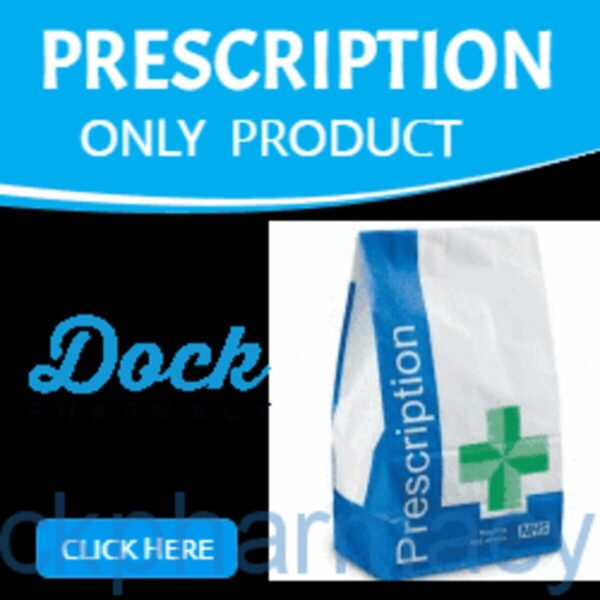



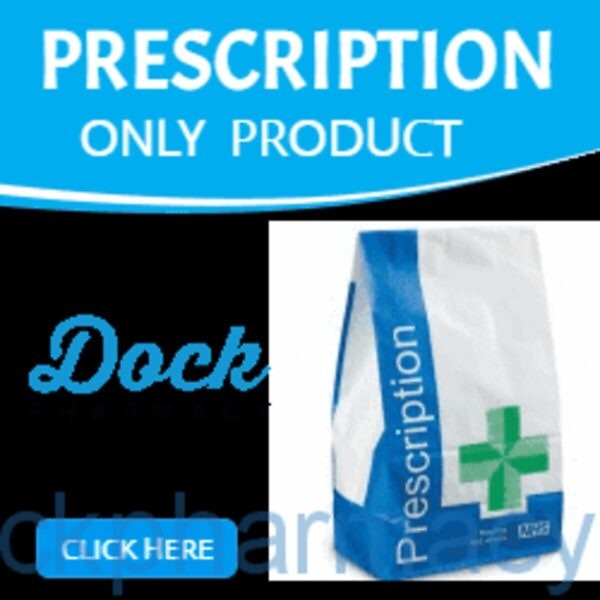
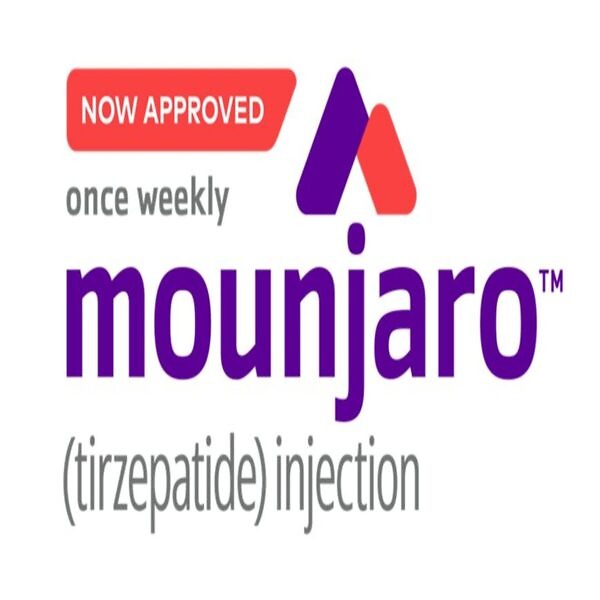
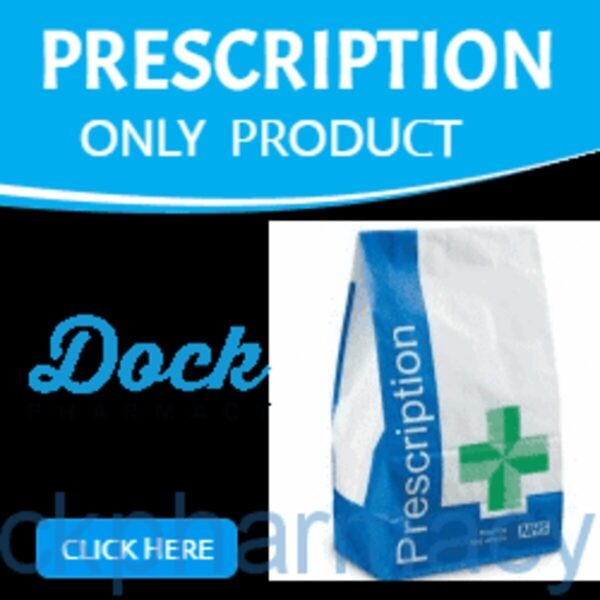
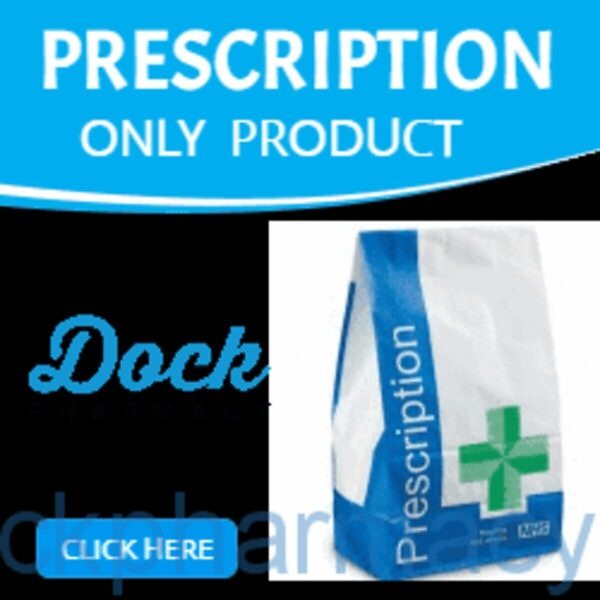
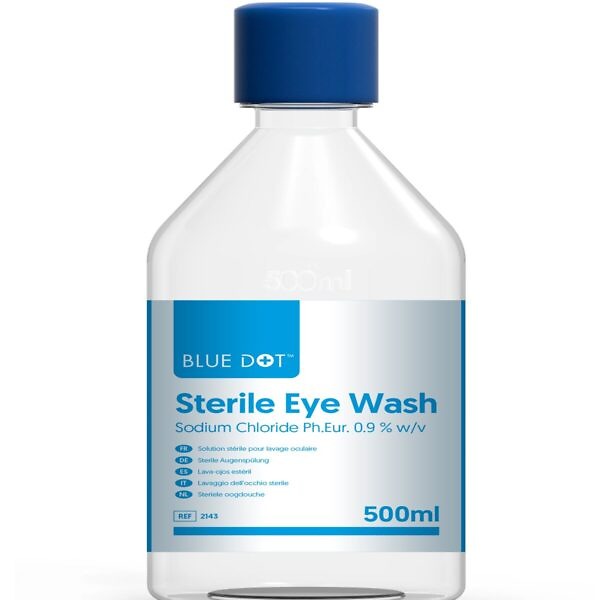
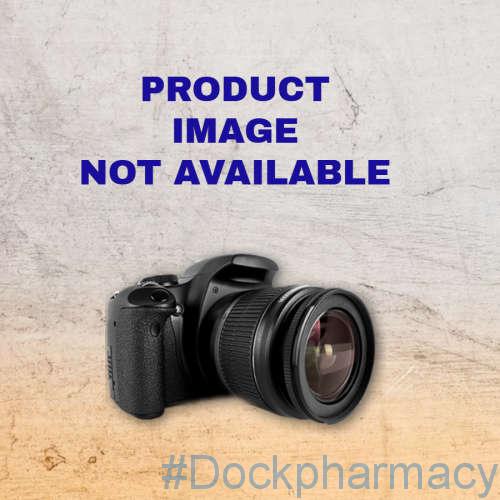
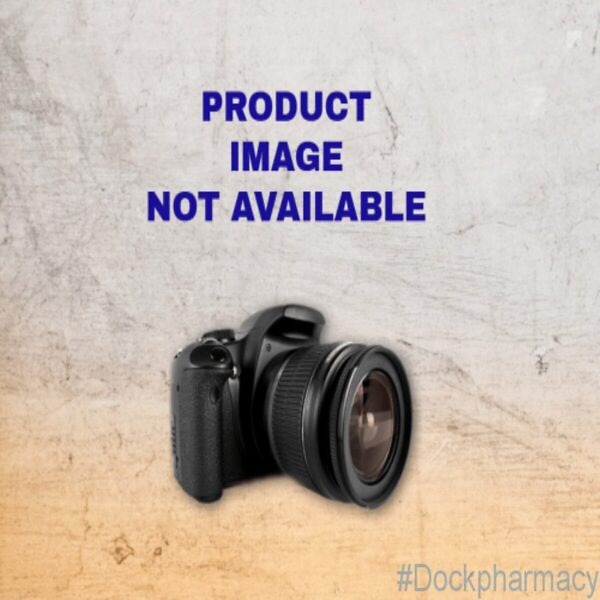
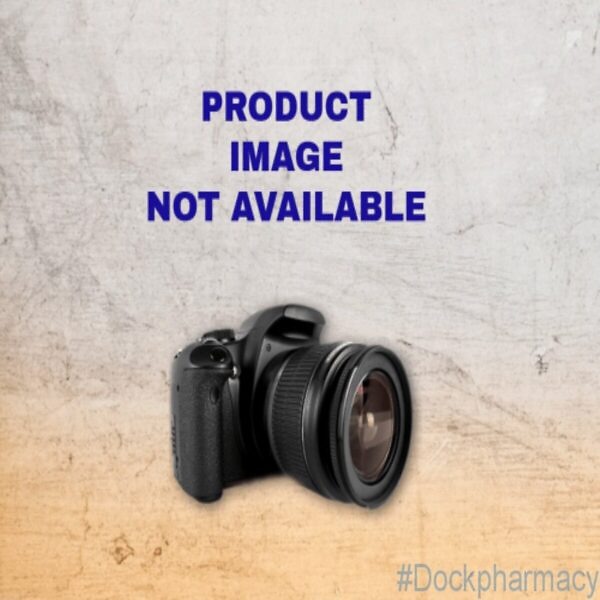
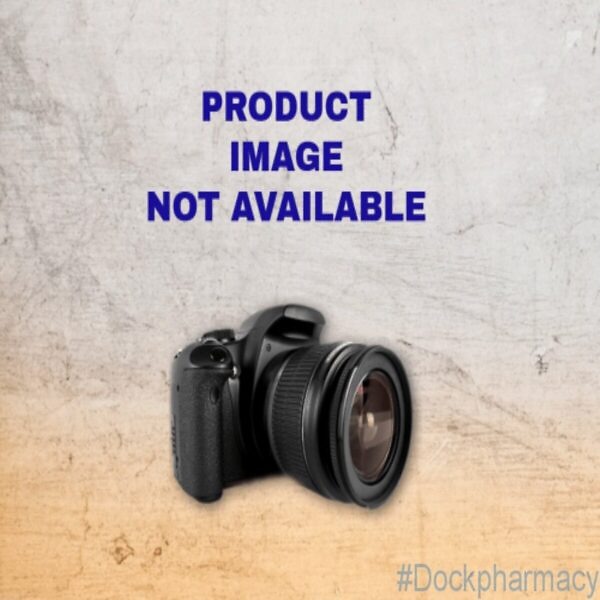
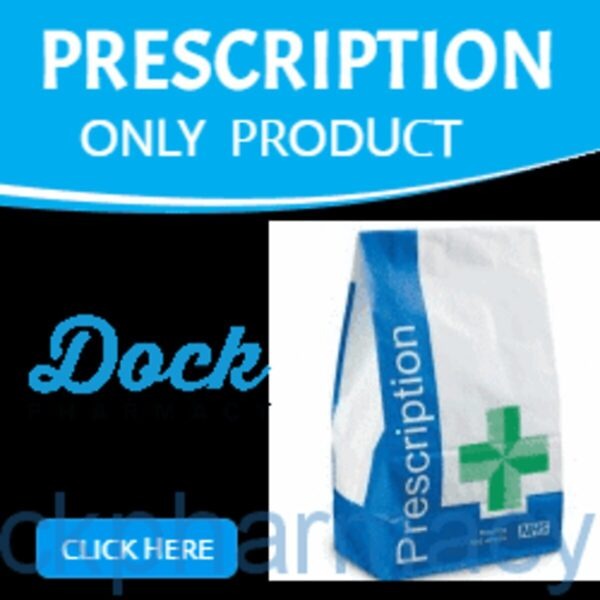
Reviews
There are no reviews yet.